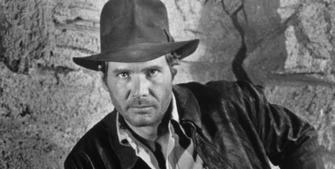No 'moral judgement' on new Manic Street Preachers' Morrissey song
Nicky Wire says the Manic Street Preachers' new song about Morrissey is not a "moral judgement" and it is more about himself than his former idol.

Nicky Wire says the Manic Street Preachers' new song about Morrissey is not a "moral judgement".
The track 'Dear Stephen' was inspired by a postcard sent from Morrissey to a teen Wire at his mother's request after Wire was too ill to attend a Smiths gig and although there has been speculation that it is a call for Morrissey to return to his 80s prime, Nicky insisted it is more about himself than his former idol.
He told NME: "The only moral judgement on this album tends to be about me. The song is about many things and it’s multi-layered. It’s about me critically looking at my own reliance on the past – about why those years were so scorched onto me. It goes for a lot of people, to be honest, but being between 12 and 18, I don’t think I’ve ever shaken them off for the imprint they’ve had on my aesthetic appreciation of music, literature and film. It’s an investigation of that.
"The idea that I had this postcard off Morrissey as well that said, ‘Get well soon’ and I kept it, it was quite a worthless thing that I imbue with so much meaning. It’s about so many different things but mainly about not being able to get out of that, and the amazing comfort and joy it brings. It’s a love letter to my former self as much as it is everything else."
Nicky, 56, also admitted that the songs he has written for the new album are more depressing, while bandmate James Dean Bradfield's are more optimistic.
He said: "Albums are a reflection of where your mind is at – certainly in the Manics’ world. Sometimes you have to let that honesty out. I just went off myself a bit, but I always find myself to be my most dependable source of inspiration. I’m starting to lose that – but that’s different to the lyrics from James [Dean Bradfield, frontman] on the album; his three songs have more of a sense of optimism to them."







